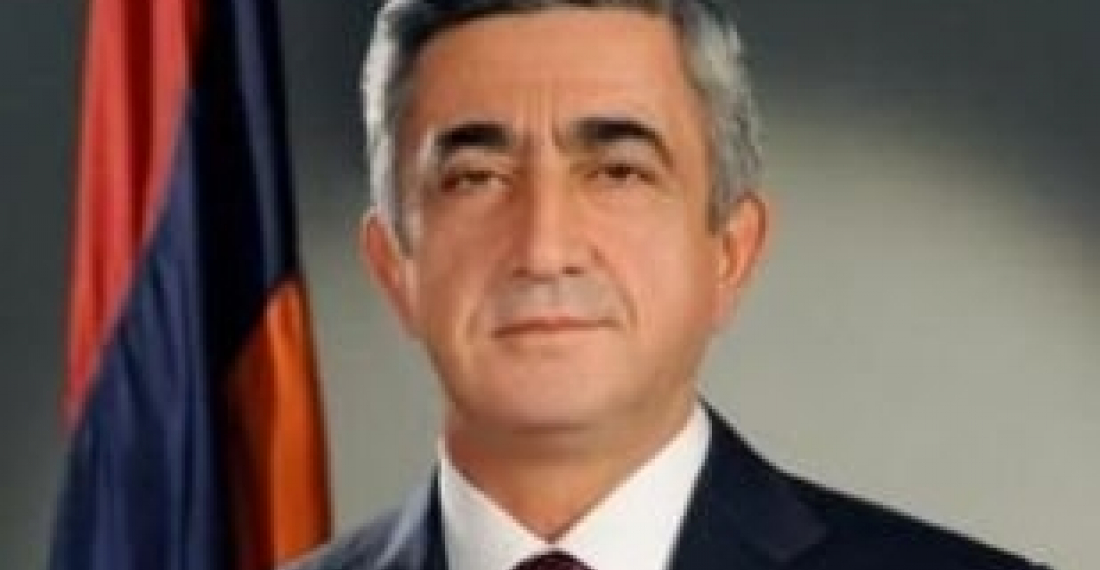Длительный мир в регионе возможен лишь при обеспечении физической безопасности карабахского народа, и гарантированной возможности самостоятельно управлять своей судьбой. Об этом в своем послании к участникам конференции "Динамика региональной безопасности на Южном Кавказе" заявил президент Армении Серж Саргсян.
В Ереване сегодня открылась двухдневная конференции "Динамика региональной безопасности на Южном Кавказе". В мероприятии принимают участие эксперты из Армении, России, Израиля, США, Европы. Мероприятие организовано Институтом национальных и стратегических исследований Минобороны Армении и фондом Евразия.
Особо отметив, что основной вызов безопасности и стабильности в регионе кроется в неурегулированных конфликтах, президент подчеркнул, что Армения является сторонницей мирного решения карабахского конфликта в рамках МГ ОБСЕ. По его словам, спровоцированная Азербайджаном гонка вооружений и нарушения ДОВСЕ - угроза региональной стабильности.







